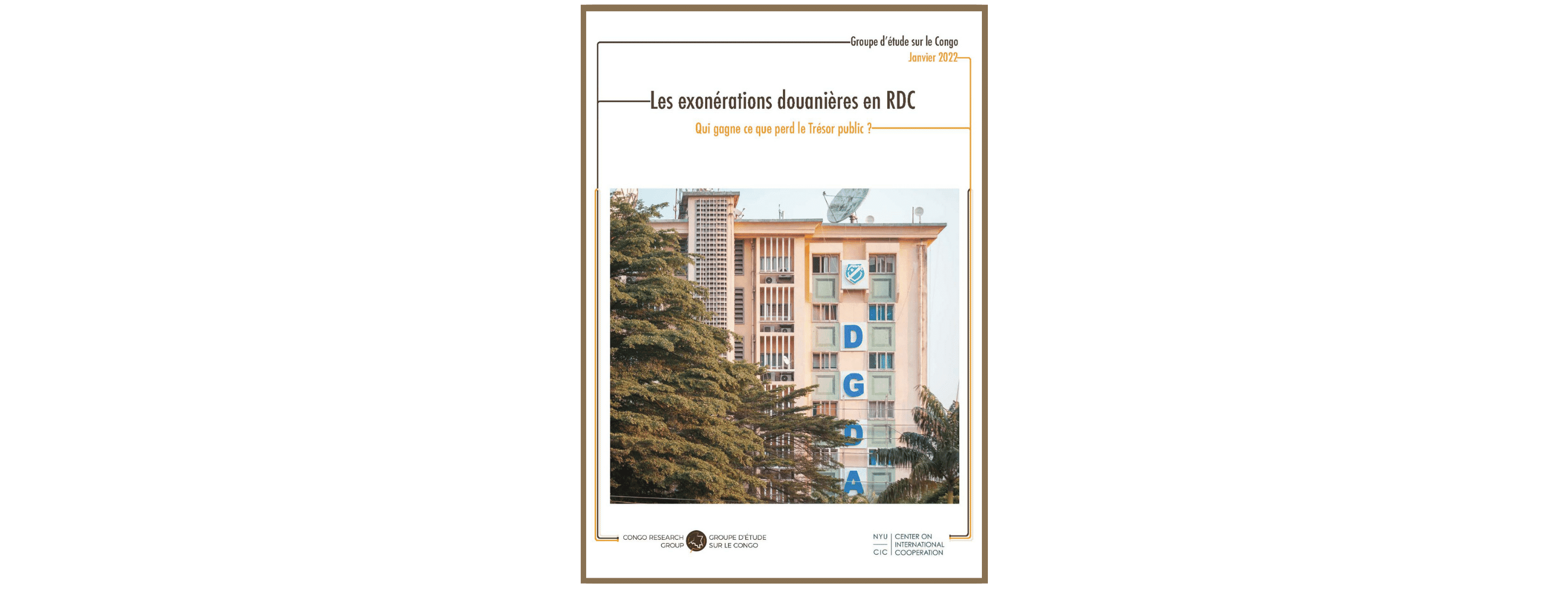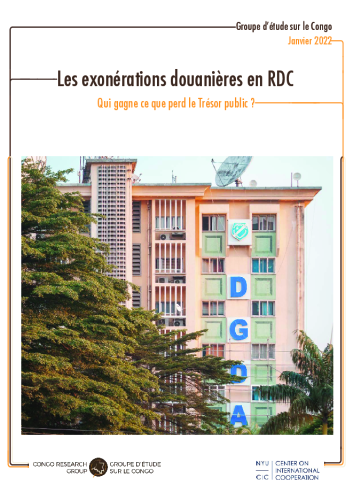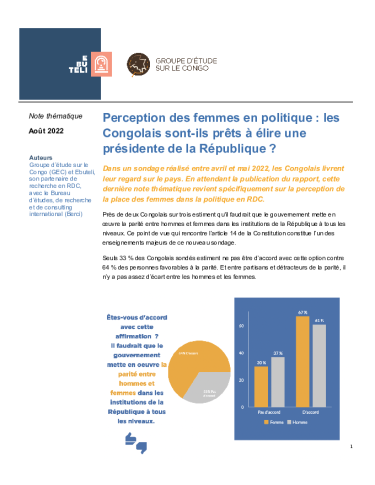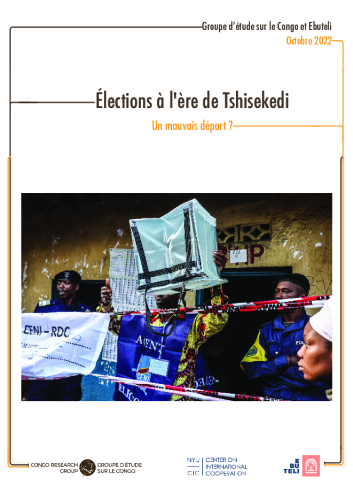The Congo Research Group’s newest report “Customs Exemptions in the DRC: Who Gains What the Treasury Loses?” shows that losses due to customs exemptions, which are often without justification, are much greater than was previously known. This research also describes the concrete cases of certain companies that benefit from them.

This latest report shows that customs exemptions have caused a loss of revenue of at least $6.3 billion to state coffers during the period covered by our research. The mining sector, considered the engine of the Congolese economy, is the largest beneficiary of the exemptions. Customs exemptions for mining companies alone amounted to $2.8 billion between 2011 and 2020. Also revealed is a non-exhaustive list of beneficiaries of the exemptions, excluding mining companies. Each of them represents a loss of revenue for the public treasury of at least one billion Congolese francs in revenue between 2014 and 2018, or about US$500,000. These are essentially companies that belong in whole or in part to public authorities, or even to political figures or people close to former President Joseph Kabila. This is the case, for example, of the Société textile de Kisangani (Sotexki), the Entreprise générale d’alimentation et de logistique (Egal) and Ferme Espoir.
Finally, the report shows how tax exemptions granted to humanitarian organizations or diplomatic missions have also been a source of profit and abuse. Some of these exemptions have been used for favoritism and bribery. In general, the exemptions granted raise many questions because of the lack of transparency. The Ministry of Finance should make public the justifications for each recipient company and should conduct audits to prevent abuse. The exemptions most likely to be abused, such as exceptional exemptions and those justified by strategic partnership in the value chain, should be eliminated.
Read the full paper: Customs Exemptions in the DRC: Who Gains What the Treasury Loses (French-only)


